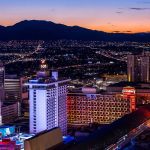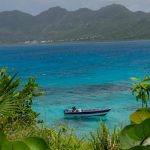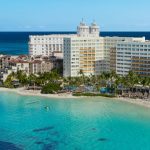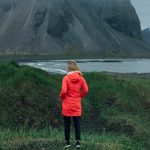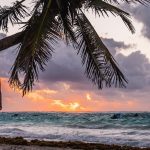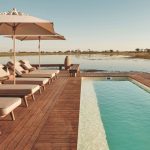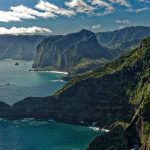Interest in viewing its gorillas is growing
King Kong these ain’t.
In fact, the mountain gorillas seen on African Travel, Inc.’s Rwanda tours will likely seem quite docile, perhaps curiously and quietly approaching fascinated onlookers, a far cry from the ferocious giant ape that has thrilled generations of movie-goers, says company president Sherwin Banda.
“On gorilla treks, guests are typically advised to keep a distance of 23 feet from these majestic apes at all times and the encounter is incredibly intimate. However, the animals can come as close as they choose to. I have videos of baby gorillas rolling down right at our feet in Rwanda. One of them even touched someone’s back. Although we keep our distance, the animals may not understand that, but it’s totally safe and no one gets harmed. It’s up to the animals to decide how close they want to get to humans. We are never allowed to touch the animals, regardless of how close they come,” says Banda, whose company is part of The Travel Corporation.
Banda says interest in gorilla trekking is on a definite upswing, with a growing number of travellers seeking unique experience. Wildlife enthusiasts visiting Africa have traditionally been eager to see the so-called Big 5 — lions, leopards, elephants, buffalo and rhinos — but Banda says those who have successfully done that often ending up looking for alternate experiences, adding gorilla trekking can be a “great complement” to a Big 5 safari.
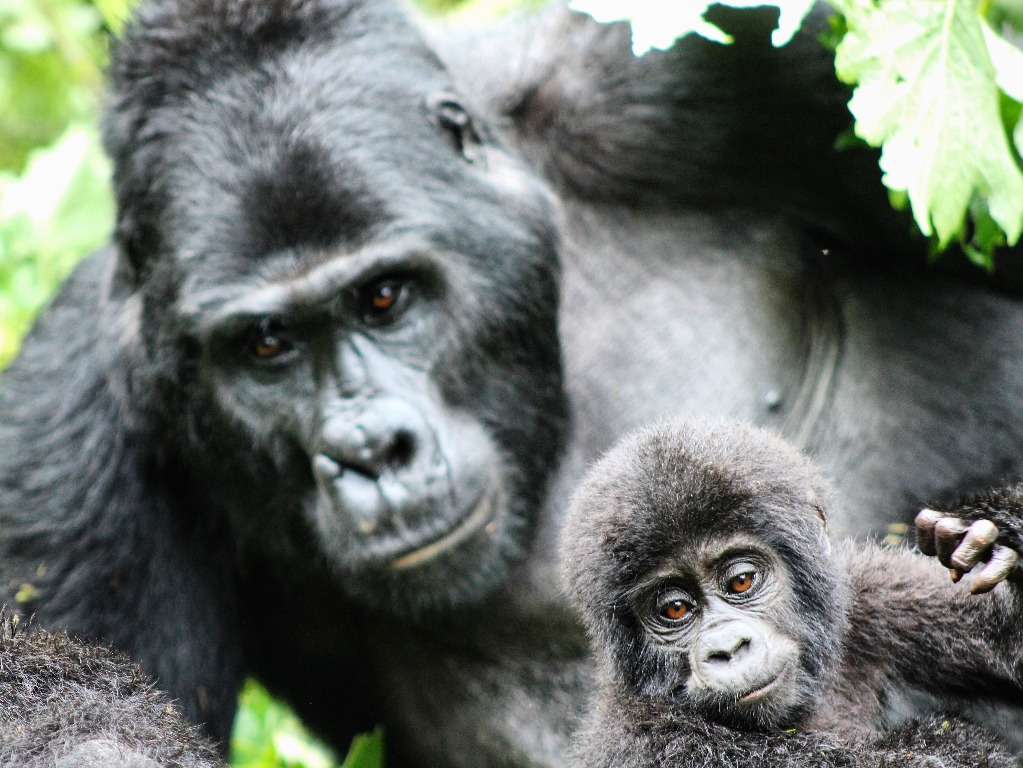
African Travel, Inc. can accommodate both those eager for traditional African safaris and those wanting to see mountain gorillas on its 12-day Ultimate Tanzania and Rwanda trip.
Banda adds that successful conservation efforts in Rwanda — the setting for the book Gorillas in the Mist and the movie of the same name, which chronicled efforts to save the large primates — have heightened interest in Rwanda, remembered for the 1994 genocide, the focus of the movie Hotel Rwanda. The country is today promoted as a model of reconciliation.
African Travel, Inc. has clients visit the Dian Fossey Karisoke Research Center, with Fossey’s work with Rwandan gorillas inspiring Gorillas in the Mist.
Conservation efforts have led the International Union for Conservation of Nature to reclassify mountain gorillas from Critically Endangered to Endangered. The animals were once at the brink of extinction, with an estimated population of only 250 of them in the early 1980s. There are now over 1,000.
Banda says gorilla sightings provide a very different type of African wildlife viewing, enabling people to see creatures they actually have quite a bit in common with.
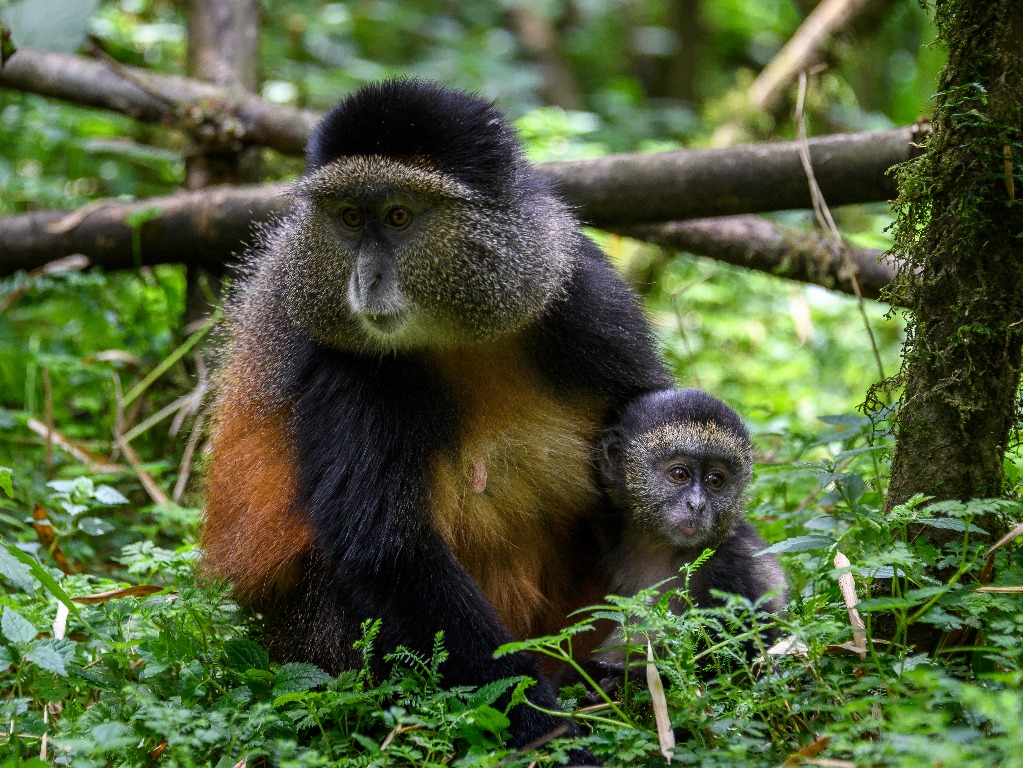
“Gorilla trekking offers a unique safari experience unlike any other,” he continues. “While most safaris involve observing animals from the safety of a vehicle, gorilla trekking allows you to get up close to these endangered species in their natural habitat. Gorillas are particularly special because they share 98% of their DNA with humans. They are the only animals so closely linked to us in terms of size and genetics. This makes encountering them in the wild a truly remarkable experience. When visitors go on a gorilla trek and look into the eyes of a gorilla, it’s the closest they will ever feel to being connected to another animal as their eyes resemble human eyes. Humans can feel a sense of similarity without any spoken word.
“Guests can witness this transformative experience on our 9-day Gorilla & Safari Adventure and they also get to engage in Rwanda’s recovery journey. On their trek, they witness firsthand the country’s commitment to protecting these endangered species, which has now resulted in an increased population of these species. Rwanda has become a leading example of gorilla conservation, along with other places like Uganda and the Democratic Republic of Congo, which are the only three places where gorillas can be observed. In Rwanda, the fee for gorilla trekking is around $1,500 per person, and only 96 permits are issued each day. Part of this permit fee goes towards the conservation of the mountain gorillas and supports the uplifting of local communities. This makes gorilla trekking a truly remarkable and meaningful experience that can only be found on the African continent. The money is reinvested in gorilla conservation, making every trek a step toward a more sustainable future for Rwanda.”
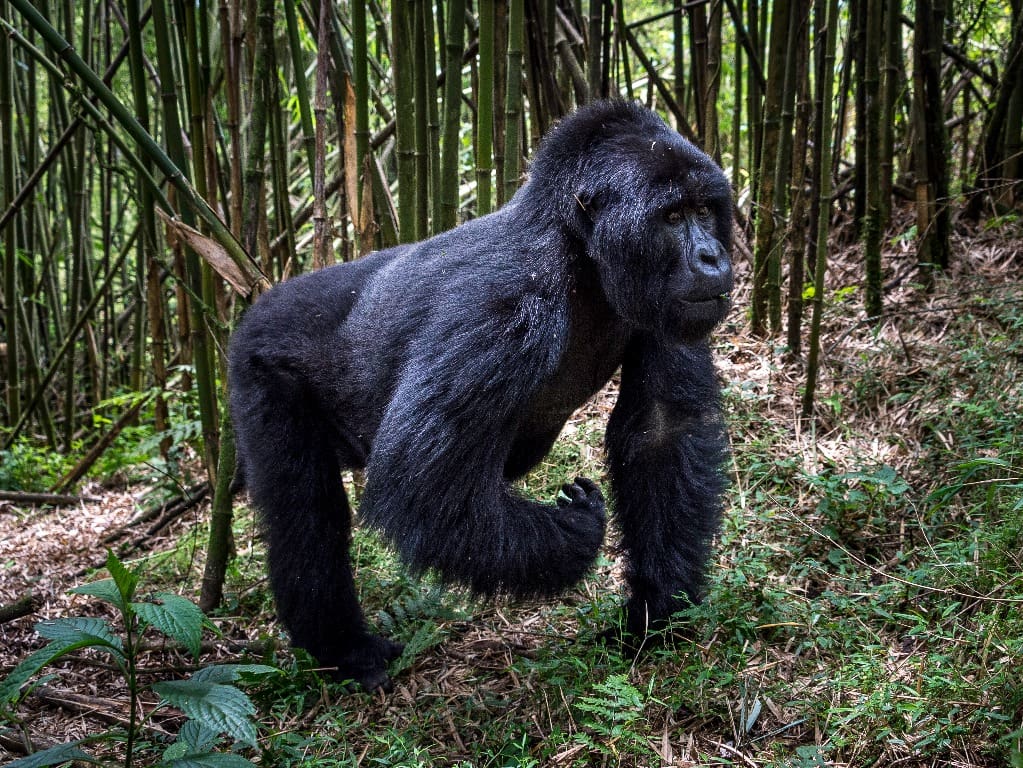
Banda is quick to emphasize that those who go on gorilla treks will help ensure the primates’ survival, noting much of the money raised goes toward safeguarding them. But he adds that trekkers will also help support nearby communities now relying on tourism.
He also says that those who go on the treks tend to become gorilla advocates and “become a part of a powerful story of wildlife conservation and resilience.”
Conflict in Rwanda in the 1994 and fighting in the Congo as well along with deforestation have led to concern about the gorillas’ prospects for survival but Banda says there are now reasons to be hopeful, with mountain gorillas numbers currently exceeding 1,000, the first time in 40 years that figure has been reached and something he attributes to conservation efforts.
“Local communities have recognized that the well-being of gorillas is closely tied to the country’s overall success, as the tourism generated by travellers who want to see these animals in the wild positively impacts the economy,” Banda states. “As a result, governments have taken steps to protect these areas, and while gorillas are still endangered, their numbers are increasing every year due to the impact of tourism and the interest of travellers.”
Banda says Rwanda has rebounded from the 1994 tragedy and is now also known as the cleanest country in Africa.
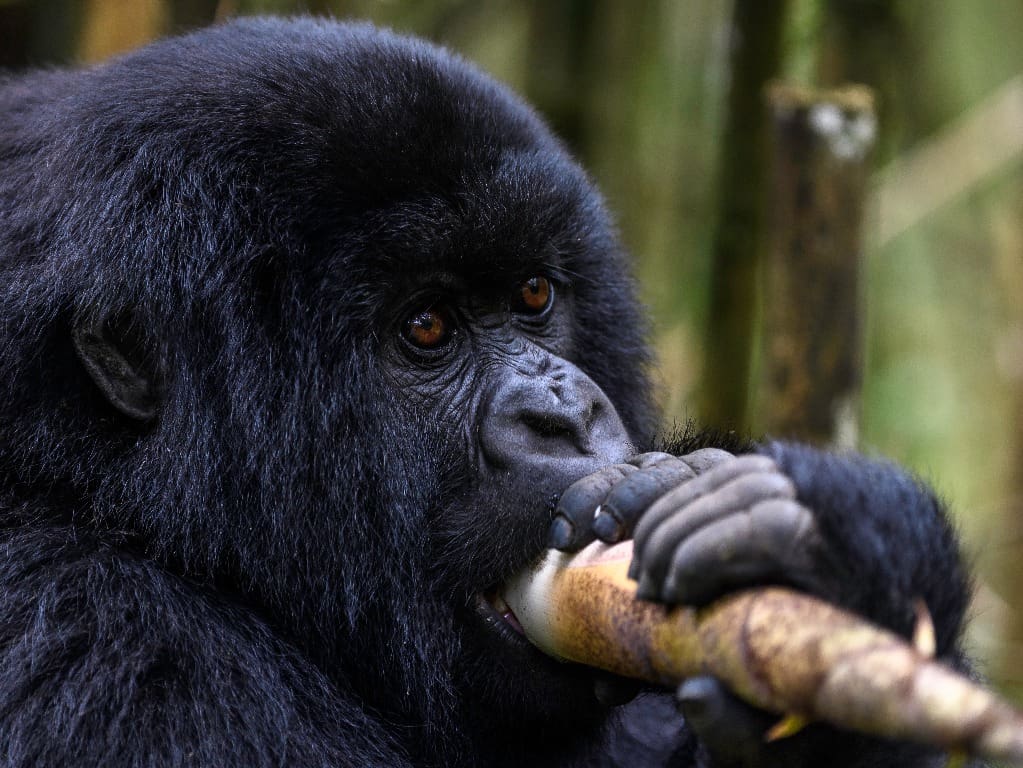
“Umuganda is a national holiday in Rwanda that takes place on the last Saturday of every month, requiring all citizens to participate in a mandatory nationwide community service. The government and its people are committed to to monthly clean-ups, which has significantly contributed to the country’s appeal. The local people are committed to keeping their country clean because gorillas are highly susceptible to diseases. For instance, visitors on a gorilla trek are denied entry if they show any signs of a common cold, and even today, masks are worn to prevent the spread of human diseases that could be life-threatening to gorillas.
“This excursion is not just about the trek; the byproduct is understanding a country that was on the brink of devastation as recently as the 90s. Today, Rwanda serves as a symbol of what tolerance can achieve when people work together for the benefit of both wildlife and each other.”
Banda adds that those exploring Rwanda will see other types of wildlife as well, with golden monkeys and other creatures found in its rainforest.
“Rwanda offers a unique combination of gorilla trekking and Big 5 safaris, providing a different experience from a typical safari. Rwanda’s Akagera National Park is known for its water safaris, offering a rewarding experience compared to other destinations such as Botswana,” he adds.
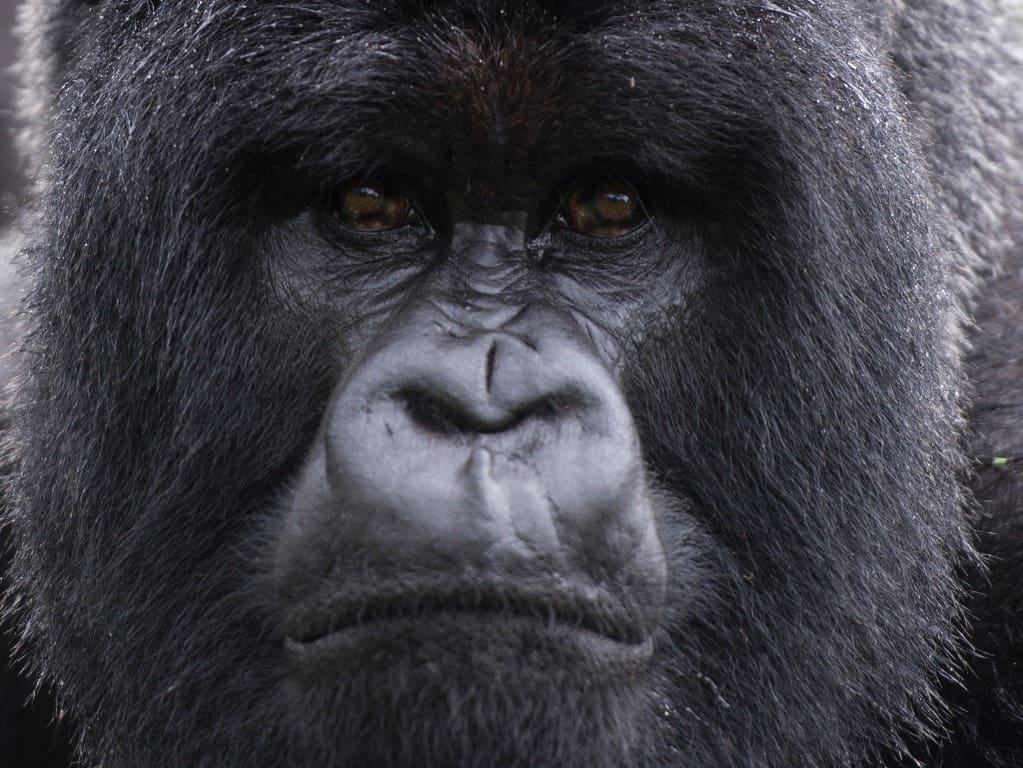
“Nyungwe Forest National Park, located in the southwest of Rwanda, is the top spot for seeing chimpanzees in Rwanda, and guests can add this as an option to explore the park on our 10-day Discover Rwanda safari. One unique experience it offers is the canopy walks, which are elevated walkways that allow visitors to observe chimps from both the forest floor and up in the trees. When the chimps are on the forest floor, you can see them as you walk. If they are up in the trees, you can actually do the canopy walk, which is really cool. Chimps are noisy animals. When the guide takes guests on these walks, they actually see the hierarchy of who the bosses are and who the workers are. There is a clear hierarchy at play when you watch these chimps for hours. It’s a fascinating experience to do and see. I enjoyed the chimps in a different way than I enjoyed the gorillas because the gorillas are a family troop, so there’s not a lot of chaos going around. But with the chimps, there’s chaos everywhere, but it’s great fun.
“There’s only one male alpha that mates with all the females, and the other males are out of luck. This makes other chimps aggressive as they test the boundaries to challenge the leader of the pack, and the alpha male reprimands and fights with these chimps because he is the one who has the mating rights. It’s a fascinating hierarchy, and observing it is a really cool experience. The alpha male is the highest-ranking male in the group, and he announces it with distinct sounds to the rest of the tribe. ‘I am the boss,'” he says.
“It’s quite fascinating to see when you go on a safari. I love it. I enjoy the gorillas; they’re cool and wonderful creatures. It makes you feel small and you can’t believe you’re there, It’s a remarkable experience and everybody should do it.”
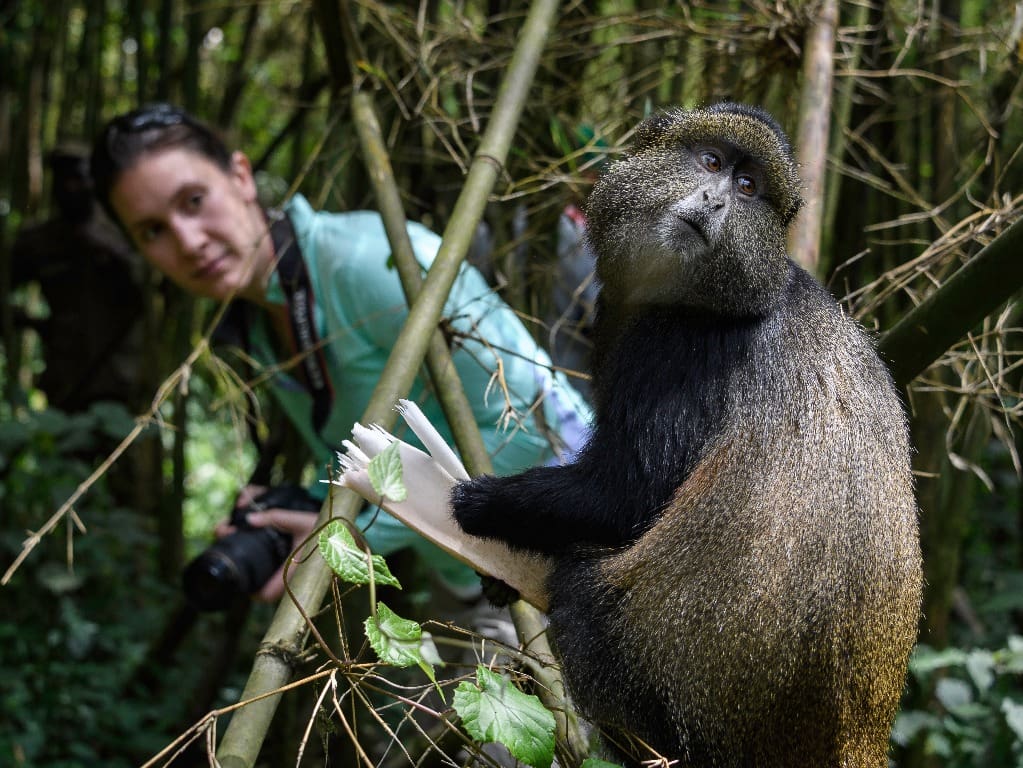 Meanwhile, Banda says those vacationing in Rwanda should consider buying the fabric KITENGE, a print specific to the country. “Many people buy these fabrics because they are bright and colourful. You can buy the fabric and then have items like dresses, scarves, or throw pillows made from it. You can pick up your custom-made items on the last day of your trip. This is a great way to bring back a unique souvenir from Rwanda and support local communities.”
Meanwhile, Banda says those vacationing in Rwanda should consider buying the fabric KITENGE, a print specific to the country. “Many people buy these fabrics because they are bright and colourful. You can buy the fabric and then have items like dresses, scarves, or throw pillows made from it. You can pick up your custom-made items on the last day of your trip. This is a great way to bring back a unique souvenir from Rwanda and support local communities.”
Banda adds that Rwanda is also known for tea and coffee production, with its coffee particularly famous.
“You can visit tea and coffee plantations and have a culinary experience with delicacies that are unique to Rwanda,” he reports. “This is an experience that I really enjoyed.”
To celebrate the fall and winter booking season, African Travel, Inc. is offering a new client incentive of a $500 credit per couple to any destination, any itinerary and at any time in 2024 and 2025 to be booked by Dec. 31. To further assist advisors with their new bookings, ATI is offering a special travel advisor booking incentive where they can receive $100 per client in the form of a digital gift card for new bookings deposited by Dec 31.

